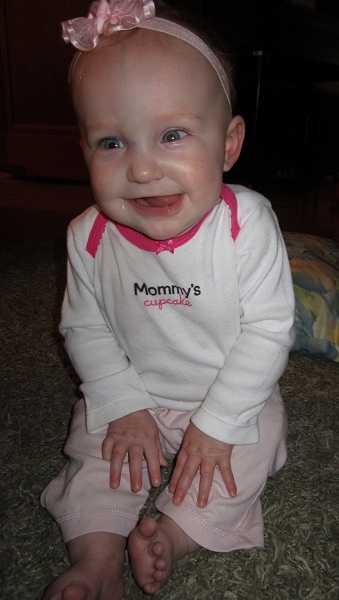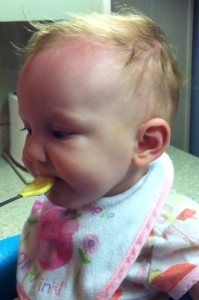In yesterday’s blog we talked about taking advantage of teachable moments that pop up in everyday life, things like being given too much change at a store or not being charged for everything we bought. Rather than look at these moments as irritating inconveniences, wisdom tells us to view them as golden opportunities.
Mary and I, now in our late sixties, look back at our active mothering years and see lots of things we’d do differently if we could begin again. One of them would be to maximize the minimums, in other words, use small moments to teach big concepts.
This would include the obvious, like the extra change situation, but also less apparent chances to teach youngsters. Mary said, “One thing I wish is that I’d involved my kids more in giving to others.”
I reminded her she’d done a great deal, taking meals to people in crisis, driving Meals on Wheels for a hospital, tutoring children after school. She stopped me, though, and said, “But I didn’t usually let my kids help me. It was much easier to get it done without them.” We agreed these were still good deeds, but both of us had forfeited teachable moments.
As we talked, though, we did come up with two times when we did teach our young children through everyday circumstances:
- Mary and her carload of children drove the same route to school for years, always passing an elderly crossing guard who daily helped young children cross the street (to a different school than Mary’s children attended). She remarked to her kids about this man’s faithfulness to his task, rain or shine, and wondered how they might show admiration for this stranger. Her children decided, during a very cold winter, to bring a thermos of hot chocolate to him and a thank you for a job well done. Whether or not the old man appreciated it, Mary’s children learned to consider the effort of someone else and express thanks for it.
 2. In driving my own carpool daily (to a different school), the children and I always passed an older woman bowed over with extreme osteoporosis. Gripping a walker, she inched along a particular stretch of sidewalk next to a middle-aged man, no doubt her son, painfully exercising at the same time every day. We looked for her as we came down the street, and my children wondered what we might do to encourage her. They decided to buy her a pair of warm winter gloves and deliver them with an original poem of admiration. On the day we stopped our van for them to jump out and approach her, I knew we’d accomplished something worthwhile in my kids.
2. In driving my own carpool daily (to a different school), the children and I always passed an older woman bowed over with extreme osteoporosis. Gripping a walker, she inched along a particular stretch of sidewalk next to a middle-aged man, no doubt her son, painfully exercising at the same time every day. We looked for her as we came down the street, and my children wondered what we might do to encourage her. They decided to buy her a pair of warm winter gloves and deliver them with an original poem of admiration. On the day we stopped our van for them to jump out and approach her, I knew we’d accomplished something worthwhile in my kids.
Surely countless other examples could serve as ways to maximize teachable moments for children, whether our own or someone else’s. Jesus instructed us to be of practical help to others, not just for their benefit but for ours, too. He knew that would make everybody happy.
“How joyful are those who fear the Lord…. They share freely and give generously to those in need.” (Psalm 112:1,9)





